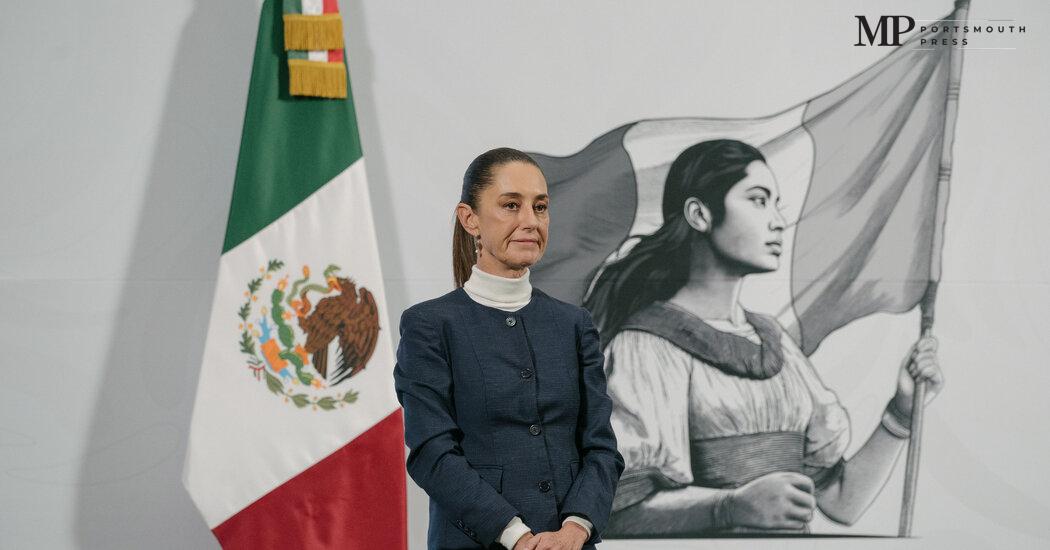In a significant move that has many people talking, the United States and Mexico have agreed to delay new tariffs that were set to take effect soon. This decision comes as both nations navigate a complicated web of trade relationships and political pressures. President Trump has been vocal about tariffs as a tool for his administration, but this latest agreement signals a crucial moment in U.S.-Mexico relations.
The Situation Explained
Tariffs are basically taxes that a government places on imports, making foreign goods more expensive in the U.S. When President Trump announced plans for new tariffs, it stirred concerns about the impact on goods people buy every day. The change was expected to affect a wide range of products coming from Mexico and could potentially raise prices for consumers. However, after negotiations, leaders agreed to put those plans on hold for now.
Why Was This Decision Made?
The decision to delay new tariffs seems to be in response to the ongoing negotiations surrounding trade agreements and the balance of relationships between the U.S. and its neighbors, especially Mexico. Leaders are aware that imposing tariffs could lead to higher prices for consumers, impacting everyday spending.
- This delay allows both countries to work on fostering better trade relations.
- Officials believe that continued discussions can lead to a more beneficial agreement for both sides.
- The move partially aims to ease fears within the business communities that depend on cross-border trade.
Economical Impact
Tariffs not only affect businesses but also every person shopping in stores. When prices go up, families need to adjust their budgets accordingly. The agreement to delay tariffs reduces immediate fears of financial burden. This decision is especially important as the U.S. economy is still recovering from the impacts of the pandemic, and consumers are cautious about their spending.
| Country | Expected Tariff Impact |
|---|---|
| Mexico | Higher costs on imports if tariffs are enacted |
| United States | Potential increase in consumer prices |
Weighing the Consequences
While the delay may come as a relief, experts stress that this is merely a temporary solution. If tariffs eventually go into effect, it could lead to economic tensions not only between these two countries but might also influence broader trade policies with other nations. The ongoing discussions reflect a delicate balancing act between ensuring fair trade practices and protecting consumers from rising prices.
Looking Ahead
As negotiations continue, both American and Mexican leaders are hopeful they can reach a more permanent trade agreement that benefits everyone. Both nations are essential partners in trade, and strong communication is key to maintaining stable relations. This recent agreement can be seen as a positive step towards cooperation in a rapidly changing global economy, highlighting the importance of dialogue over conflict.
Community Response
People across the U.S. are paying close attention to how these changes might affect their lives. Many are relieved, while some remain cautious. News about tariffs often affects many aspects, from food prices to electronic devices. As more updates come in, it will be interesting to see how this agreement shapes trade in the future.









